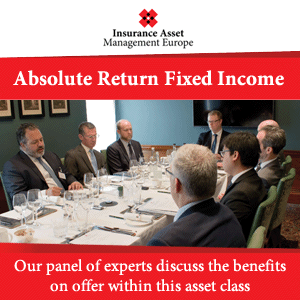
LATEST NEWS
- US insurers report $8.2trn in total cash and invested assets
- Insurance Asset Management Awards 2023 open for entries
- Asset managers step up ESG expertise search amid war for talent
- Over 200 global financial institutions now with coal exclusion policies
- Aviva completes £900m buy-in with Thomas Cook Pension Plan
Disclosures suggest wide variation in IFRS 17 impact on shareholders’ equity

Written by Adam Cadle
12/05/2023
The impact of transition to IFRS 17 on shareholders’ equity is far more pronounced in the life insurance segment, according to AM Best, whereas for non-life insurers the impact is considerably narrower and biased to the upside.
AM Best said the range of outcomes is wide for the life segment and biased to the downside, although a reduction on transition is far from automatic.
“Life movements in shareholders’ equity on transition to IFRS 17 are heavily influenced by the profile of profit over the duration of an insurer’s policies under IFRS 4, the relationship of that profile to the new profile under IFRS 17, and finally the overall maturity of the policies on an insurer’s balance sheet,” it added. “All three of these factors can vary considerably in the life segment.”
For non-life business, AM Best said the narrower range of outcomes is due to the extension of discounting and the removal of implicit margins being mostly, but usually not completely, offset by creating an explicit risk adjustment.










